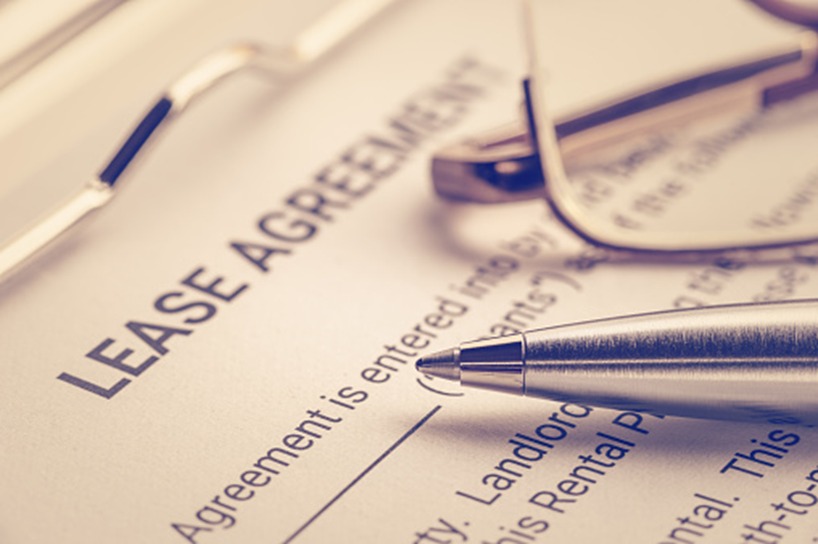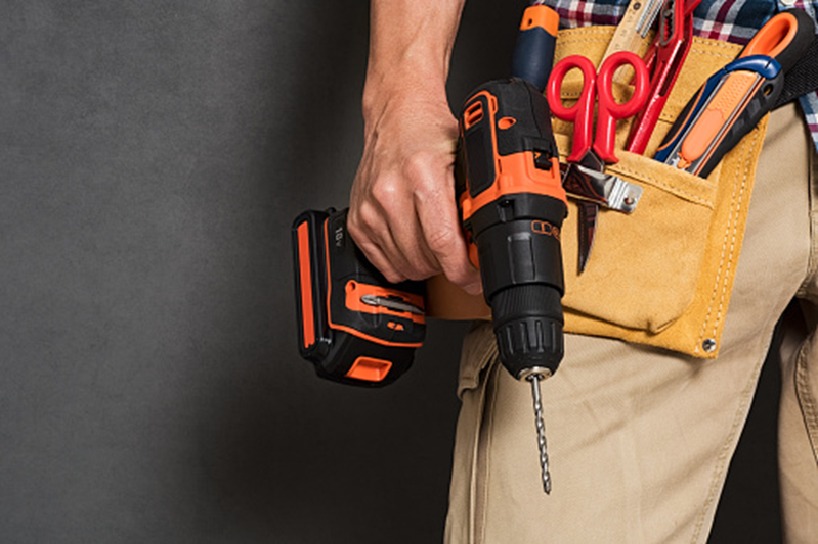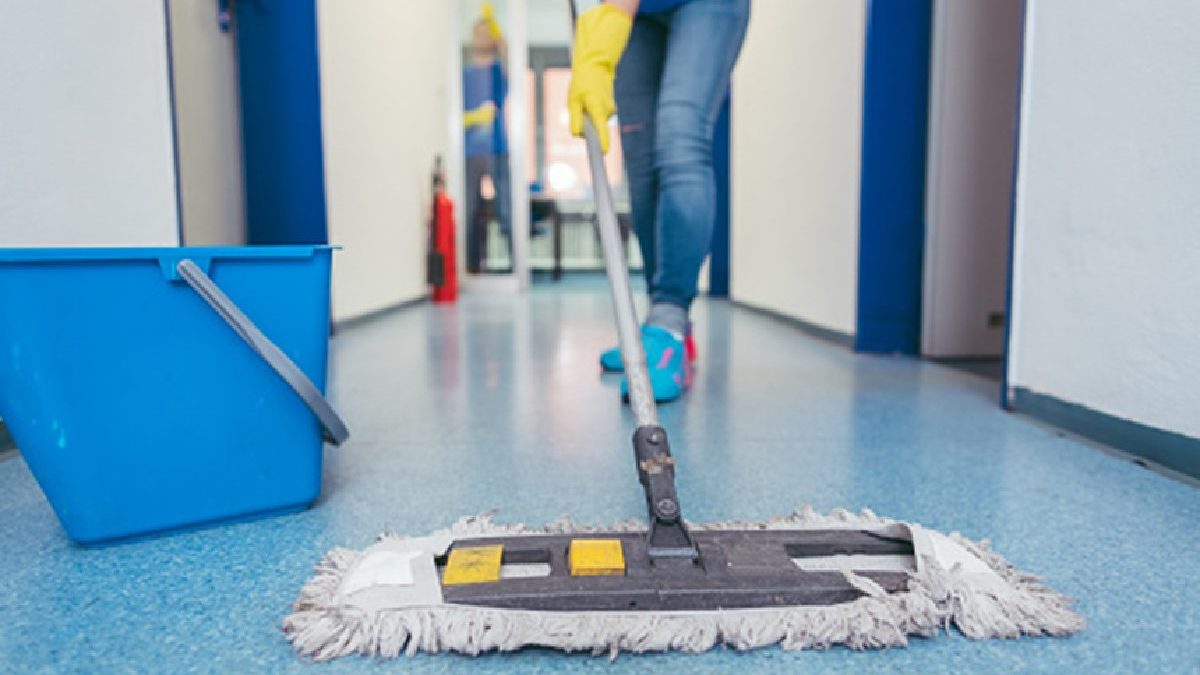Tenants Guide to Property Maintenance Responsibilities – When most people talk about landlord-tenant relationships, the emphasis is usually on what the property owner has to do for their renters. However, it’s essential to remember that it is a two-way relationship, and tenants have their part in maintaining a rental property.
This article is the ultimate tenant guide to maintenance procedures. So whether you want to understand your duties or are a landlord looking to educate your renters, stick around till the end to find out what legal and optional tenant obligations are.
Table of Contents
Legal Responsibilities

1. Following Housing Codes
First and foremost, tenants are obligated to follow the housing codes of the rental property they reside in. The law allows property owners to make rules as long as they don’t infringe on their tenants’ liberties. So while landlords cannot exempt themselves from making all repairs, they are well within their rights to issue no pet policies. Other codes residents might adhere to include no smoking, abstaining from illegal activities on the premises, and not tampering with the building’s structural integrity. Some landlords prefer to have such policies when marketing their vacancies, so prospective renters know what they’re getting into. Still, a well-written landlord-tenant agreement will include most of these rules, this way a defecting tenant bears the risk of eviction or even a lawsuit.
2. Cleaning up the property
Whether or not the landlord lives on the premises, one of the tenant’s legal responsibilities is maintaining a hygienic environment. This duty is essential because it prevents the breeding of harmful pests and vermin that could threaten the residents’ health. Thus residents should maintain reasonable cleanliness in and around their units. That could involve daily routines like vacuuming the floors and weekly practices such as taking out the trash. Also, keeping the property clean should extend to respecting it. It’s not okay to pour cooking grease down the drain or flush objects that block the toilets’ pipes. Tenants must ensure they use and maintain property fixtures and appliances for their intended purpose.
3. Maintaining a hazard-free environment (lead, mold,
While landlords are responsible for ensuring the safety of their renters, tenants must ensure they maintain a hazard-free environment. For example, it could be dangerous to allow furniture or clutter to block an emergency exit. Not only would that be irresponsible, but it could also lead to severe health consequences or death in emergencies such as a fire. The same goes for tampering with batteries in smoke or carbon monoxide detectors. Mold is another hazard tenants should strive to keep at bay by adequately drying the bathrooms, opening the windows, and preventing moisture build-up.
4. Reporting maintenance issues
Although landlords are responsible for making most repairs on the property, tenants must still alert them when there’s a problem. After all, renters spend more time on the premises and are more likely to spot issues before they become a big problem. Besides resolving the problem promptly, tenants could face liability if they fail to alert the property owner before the damage becomes irreversible.
Optional Responsibilities

1. Performing seasonal maintenance
Besides daily and weekly cleaning routines, properties also need seasonal maintenance to stay in excellent condition. In some instances, landlords and tenants can agree where the tenant takes care of these tasks. For example, it might involve cleaning the gutters or mowing the lawn in the spring. On the other hand, they could be responsible for winterizing the pipes and weather-proofing other structures to prevent damage in winter.
2. Cleaning the common areas
Another optional task tenants might take to help around the property is cleaning the common areas. The tenant might use these building parts daily but are not part of their residence. For example, in a multi-family complex or apartment building, a resident might decide to sweep and mop the stairwells.
3. Carrying out repairs
As highlighted earlier, making repairs is typically one of the landlord’s duties, and tenants are obligated to alert them when there’s a problem. However, few tenancy arrangements stipulate that the property owner has to make all the repairs, and many tenants are responsible for fixing minor damages. Although sometimes tenants agree to outsource or fix some problems, a landlord would typically be responsible for doing.
Conclusion
The maintenance of a rental property depends on the cooperation of both the landlord and the tenants. While the former bears the bulk of the responsibility in ensuring a unit remains habitable and hazard-free, the latter has a crucial role to play as well. Thus, everyone must understand what their part is.
Moreso, it’s crucial to differentiate between legal and optional duties. Legal responsibilities such as following housing codes, maintaining a clean and safe environment, and reporting problems are non-negotiable duties of a tenant. On the other hand, tenants may or may not take up optional responsibilities. Both parties can often negotiate over these duties to reduce rent or some additional incentive.

